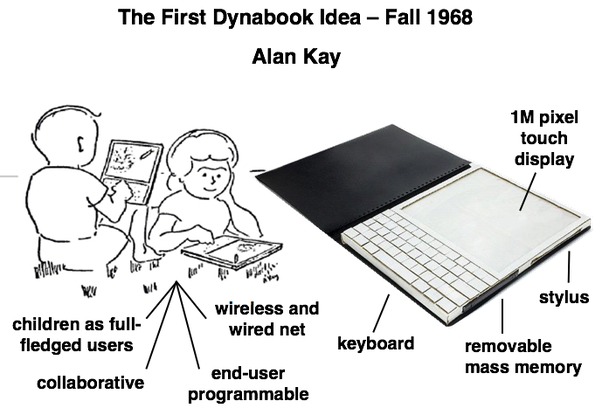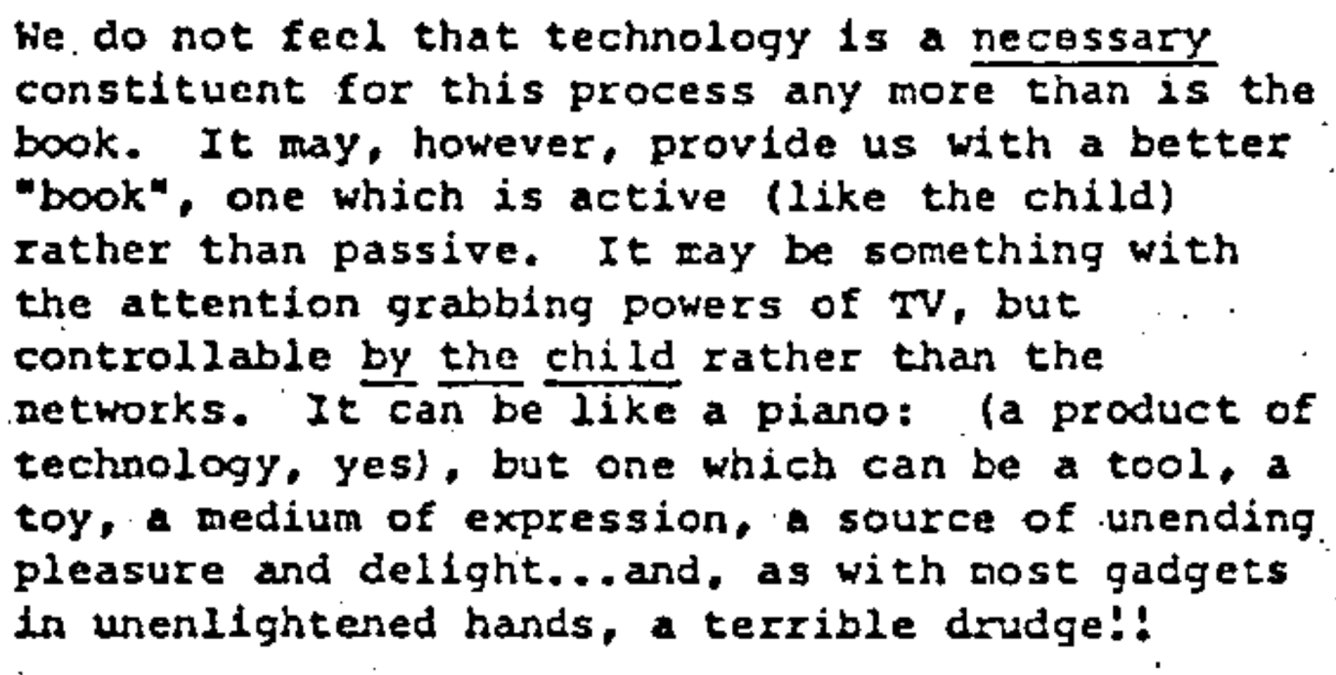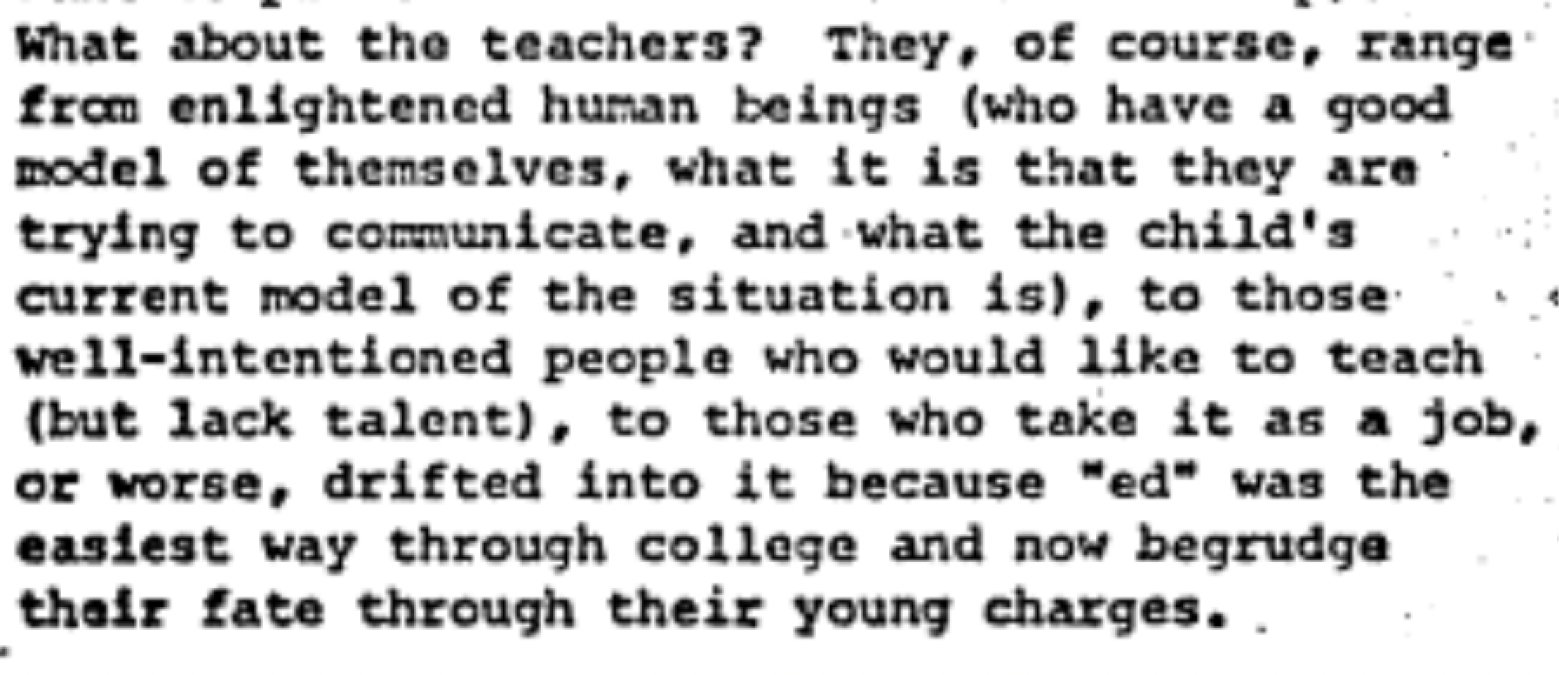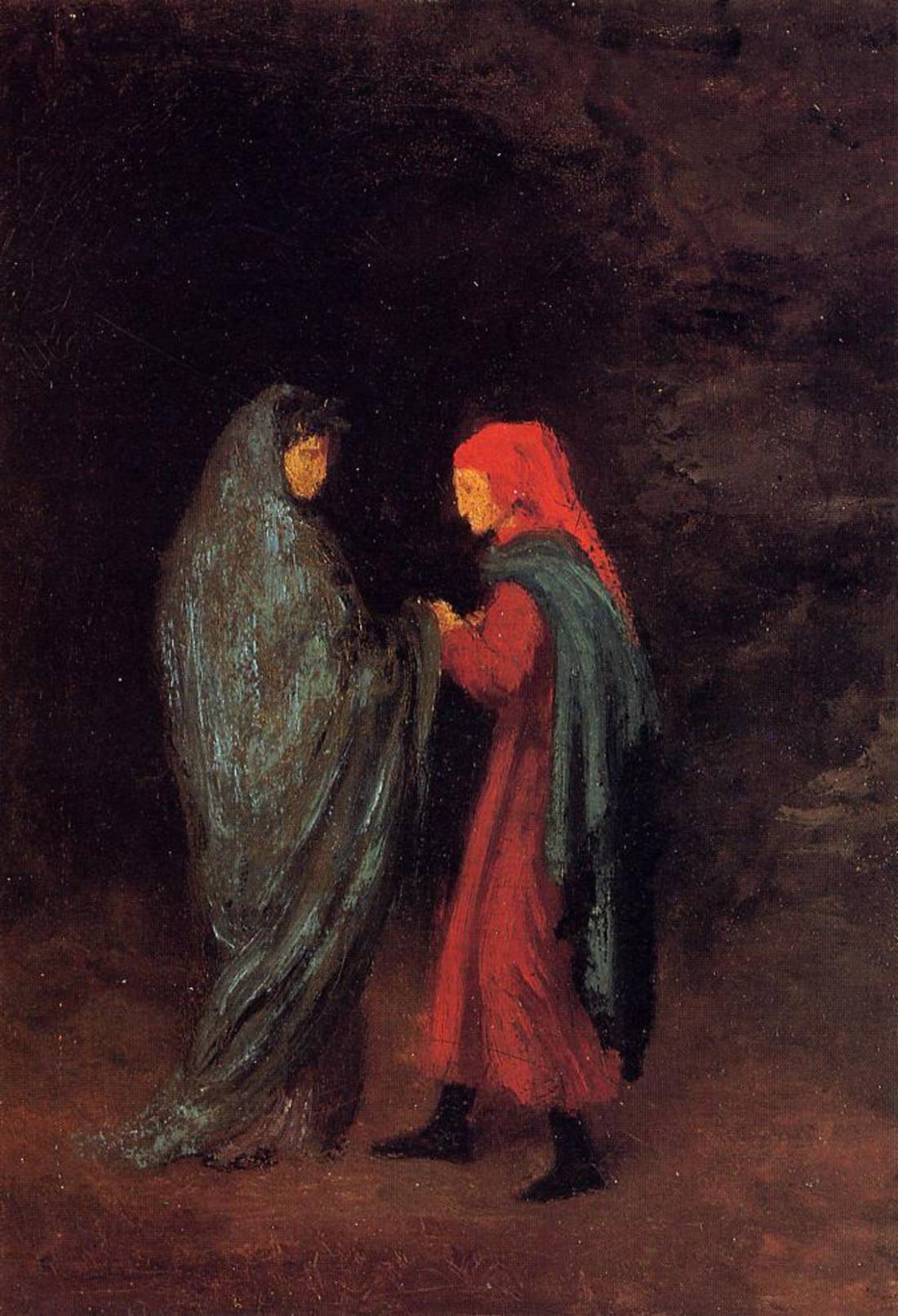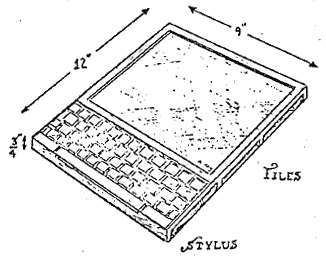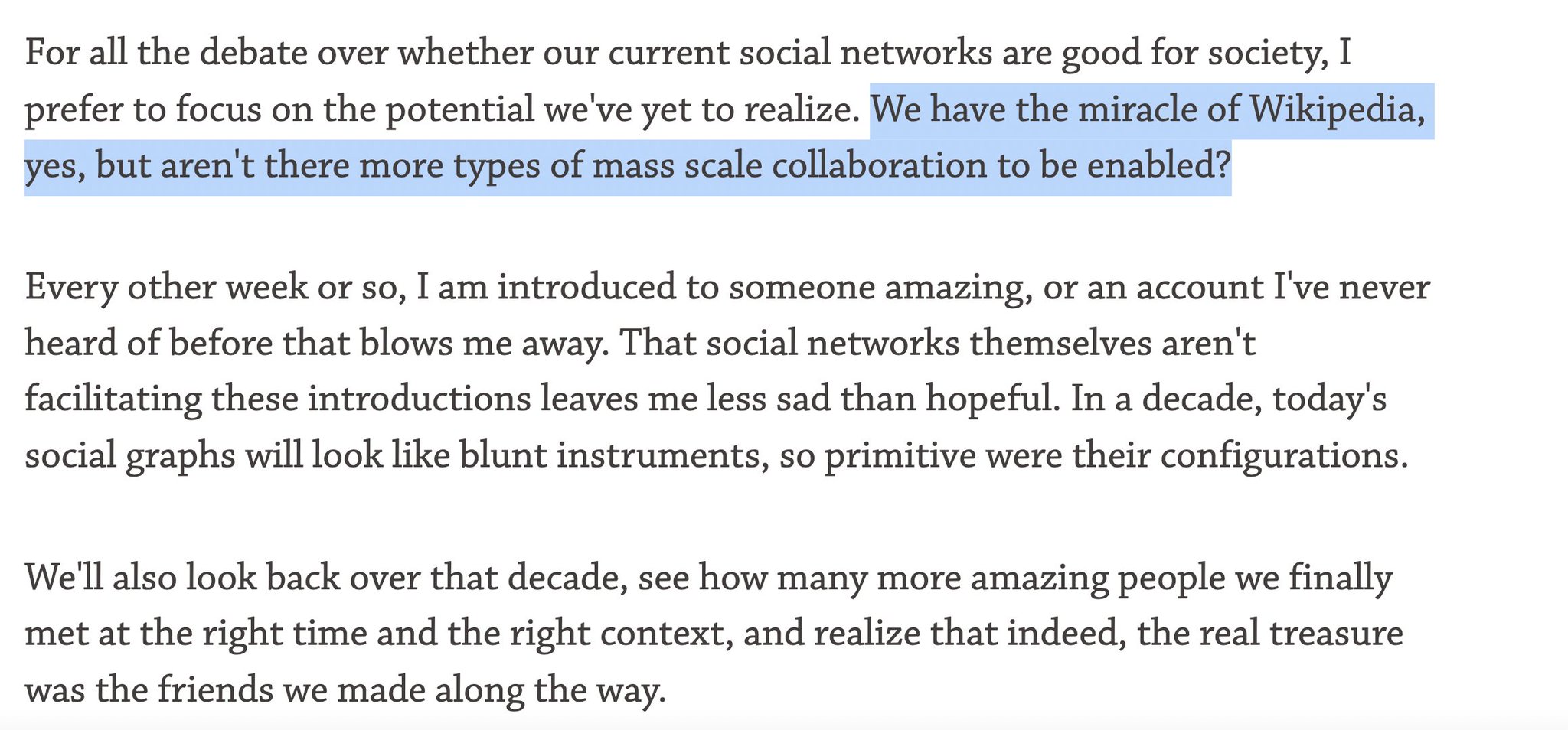Thread
Alan Kay describes a theoretical technology called Dynabooks in his 1972 essay “A Personal Computer for Children of All Ages”
👀 rumored to be the inspiration behind Hackworth’s magical book in Neal Stephenson’s Diamond Age.
super loose musings as i near the end of this novel:
👀 rumored to be the inspiration behind Hackworth’s magical book in Neal Stephenson’s Diamond Age.
super loose musings as i near the end of this novel:
Kay believed it ought to be the latter, aspiring to a world where computers can be so malleable, so interactive with its human subject that it becomes more like the relationship between the piano and its player than a theatre screen and a passive moviegoer.
He gives this brilliant, concise description of what makes an all-star teacher — not just elite expertise in their topic but the ability to have a “model of the world of the child” to understand how the student perceives the world on their own terms.
He argues that the “education technology” of his time in the 70’s lacked this perspective —
(tho I personally doubt he’d think we’ve made tremendous progress since then in most of the “edtech” of today)
(tho I personally doubt he’d think we’ve made tremendous progress since then in most of the “edtech” of today)
this Dynabook adapts to the needs & interests of young learners — not just reflecting back/surfacing information relevant to the child at the time...
but help them see foresee paths that sprout from it — presenting the right portals at the right time
but help them see foresee paths that sprout from it — presenting the right portals at the right time
(Currently the closest parallel of this is social media algorithms that have become wickedly good at figuring out what you want to see in the moment but don’t really do the latter.)
The Dynabook is a technology-enabled assistant & a guide that followed and fanned the flames of the natural curiosity of its users — a Virgil leading Dante on his quest.
I find it fascinating how much detail he laid out for what this Dynabook could look like. In 1972 he imagined for it:
1) physical digital books, estimating costs for materials etc down to the $
2) linking literal online libraries to the device to assist kids' explorations
1) physical digital books, estimating costs for materials etc down to the $
2) linking literal online libraries to the device to assist kids' explorations
from my 2020s perspective, it's jarring how he left out the internet in these detailed assumptions about both the Dynabook’s composition and content. after all the 1972 internet was still nascent...
in theory the internet in its more mature, interconnected current state ought to be able to drive down the cost of such Dynabook’s composition and provide it with a plethora of richer content to be linked to (in vivid multimedia form too!)
When I look around me today and think “what’s the closest thing we have to Alan Kay’s vision of the Dynabook today?”
the answer I stumble upon surprises me — Tiktok.
the answer I stumble upon surprises me — Tiktok.
There is probably no platform/technology out there that excels more in learning about the inner lives, the whims & desires of young people more accurately than Tiktok, almost unrivaled in its downstream ability to capture their attention.
I definitely hesitate to say Tiktok should be considered doing a good job of “modeling the world of the child” (but maybe at least just a part of it) and it does this the fastest compared to any other technology/platform that has reached mass adoption
Technically, the child can “train Tiktok’s algorithm” & align it to their tastes at the time, but Tiktok is not a great place for the child to “construct” their own world — it does not give them agency to the extent of what Kay envisions with the Dynabook
even "creation" on tiktok merely incentivizes users to respond to the wants of the aggregate masses — not to learn to ask themselves what they want, not to be responsive to others as individuals but the sprawling, shapeless masses all at once.
The children who use DynaBooks in his essay's anecdotes (as well as most users of Tiktok) are still alone but do they have to be?
there's so many people on the internet but most of us are still lonely
there's so many people on the internet but most of us are still lonely
more advanced versions of collaboration at scale was probably too radical to imagine at his time but incredibly easy in ours
"much of their content has been adapted from previous media, and their own attributes are just beginning to be discovered."
"much of their content has been adapted from previous media, and their own attributes are just beginning to be discovered."
I'm reminded of this concluding bit from another essay
"In a decade today's social graphs will look like blunt instruments, so primitive were their configurations."
www.eugenewei.com/blog/2021/9/29/and-you-will-know-us-by-the-company-we-keep
"In a decade today's social graphs will look like blunt instruments, so primitive were their configurations."
www.eugenewei.com/blog/2021/9/29/and-you-will-know-us-by-the-company-we-keep
